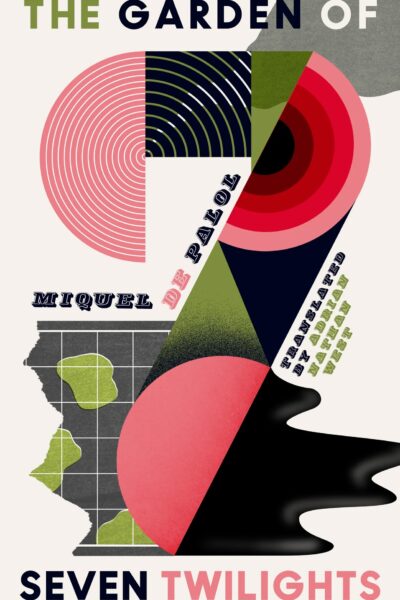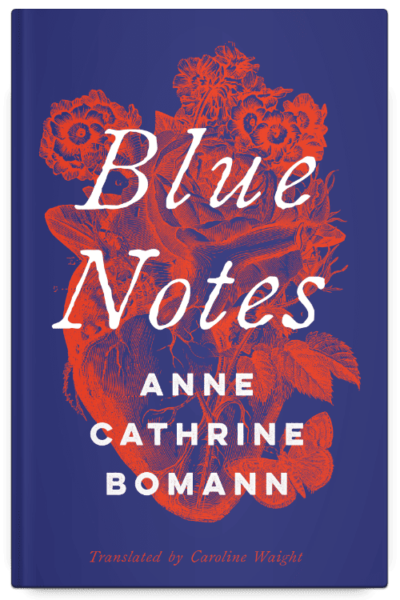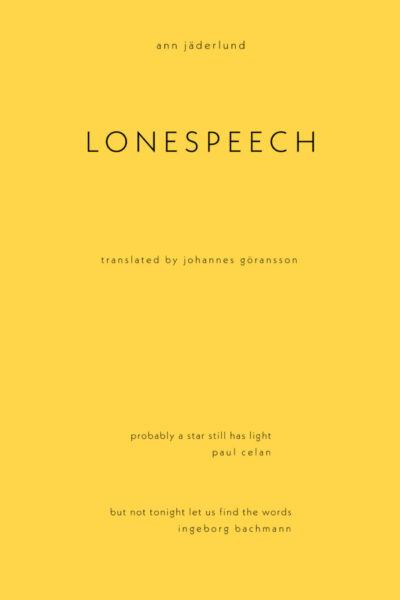Alien Daughters Walk into the Sun – Jackie Wang
When Wang writes about wanting to “pollute white space with [her] Brown body,” or that “the task is to blow up language,” she means it.
The Garden of Seven Twilights – Miquel de Palol
The tales and tellers of Palol’s novel compose a meticulous alignment of points and lines, a rigorous intellectual structure resembling the mysterious sculpture in the center of the titular Garden.
Closures: Heterosexuality and the American Sitcom – Grace Lavery
Lavery, as a queer theorist, resists and problematizes the sitcom’s implicit assumption of the automatic goodness of marriage and family ties.
Blue Notes – Anne Cathrine Bomann
Blue Notes is no quiet meditation on grief: it’s a well-paced and highly readable medical thriller.
Hjorth reworks that old aphorism: unhappy stories are all alike. It’s the ones that eke out a kind of happiness that set themselves apart.
The Buddha learned to extinguish desire. For [Debré’s] narrator, desire appears as liberation, what the rigid world of shitless boredom kept from her.
The Singularity – Balsam Karam
Karam has written a surprising work of horror, embedded in two motherhood plots that briefly connect in an unnamed harbor town half-recovered from a violent conflict.
Capitalist modernity renders mothers and daughters as autonomy-desiring “units”; SALT reveals the ache of this separation.
Lonespeech is a dialogue edited down to a poem, its minimalism acknowledging the blank space around its “cut-out” phrases.
A hypnotic novel, itself seemingly hypnotized by bodily fluids.











